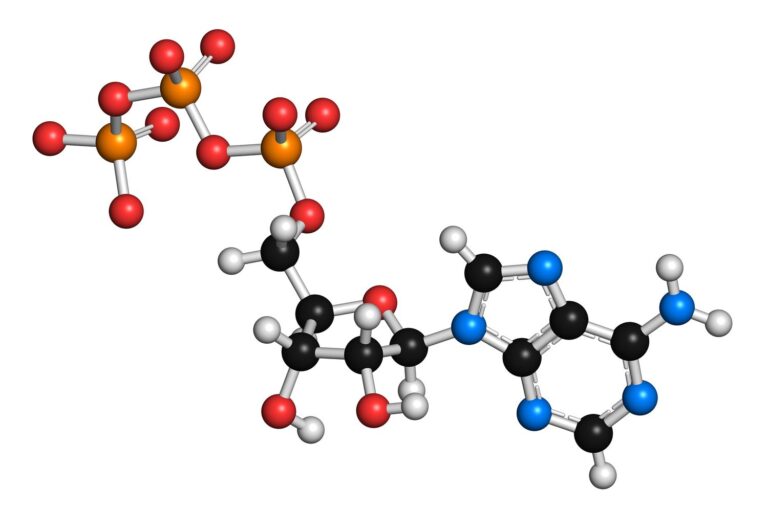There are a billion things that you are likely to be ignorant of. The term metabolism may not be common for you either. However, you must become aware of it when you are eager to improve your health or sit for an examination. More often than not you will be provided with specific information about metabolism to help you understand the workings of your body.
What is metabolism then? Well, you would be interested to learn that the term refers to the biochemical procedures that take place within your body constantly. It is a complex procedure that enables your body to use the food you eat. The nutrients are transformed into energy that is used to fuel your body as needed.
Important information about metabolism
It is important to know that metabolism is a constant process that never ceases. The energy that the process generates from food is used for the following functions of the body-
- Respiration
- Circulating blood into various organs
- Digesting food
- Growth and repair of body cells
- Management of hormonal levels
- Regulation of body temperature
Why do you need to know about BMR?
The Basal Metabolic rate or BMR is an indication of the minimum calories that your body requires to function effectively when it is at rest. Something like breathing or digestion for instance will not stop even when you are asleep. The rate varies from person to person, however. You would be interested to know that the BMR is used to fulfill about 60% to 70% of your bodily needs. While you may try to restrict the BMR by dieting and rigorous exercise, it is not recommended by medical professionals. Your body will correct the process and halt rapid weight loss after a time thus making your effort useless.
How is Energy Used?
While one-tenth of the generated energy is used to convert food into nutrients and help absorption of the essential ones, the remaining energy is used to help you to indulge in physical activities.
Metabolism & Weight
People usually blame metabolism when they are unable to lose weight by dieting and exercising. However, the metabolic process is regulated to meet your body’s needs as and when required. BMR cannot be drastically altered, therefore.
Fast v/s Slow Metabolism
As is obvious from the term, a person with a fast metabolism rate tends to burn calories more speedily than a person with a slow BMR. It suffices to know that the rate does not contribute much to weight loss or gain. It is advisable to visit a trained professional to find the best way of losing weight.
Factors that Affect Metabolic Rate
Several factors may affect your metabolic functions. These include the following:-
- Muscle mass
- Age
- Gender
- Genes
- Physical Activity
- Tobacco Consumption
There are a few health conditions that may develop due to faulty metabolism. Obesity, Thyroid problems, and Diabetes are Endocrinal issues that require the management of metabolism to correct the hormonal imbalance. The information about metabolism is immense and you would not be able to obtain everything by reading a book or attending a few classes. Prolonged and systematic study is required to understand the relationship between your body and metabolism.
